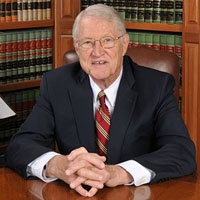Verona Wills & Probate Lawyer, Ohio
Sponsored Law Firm
-
 x
x

Click For More Info:
-
R. Lasko Co. LPA, LLC
1406 W 6th St STE 200, Cleveland, OH 44113» view mapBusiness, Estate, Real Estate, Employment Competent Legal Representation
Let R. Lasko Co. LPA, LLC handle all your legal needs today!
216-574-2602
Includes: Estate Administration, Living Wills, Wills
Lee Charles Falke
✓ VERIFIEDAccident & Injury, Estate, Wills & Probate
Lee C. Falke stepped down as Prosecuting Attorney of Montgomery County, Ohio, to engage in the private practice of law. Lee served a record 28 years a... (more)
Theodore Gerard Gudorf
Estate, Wills & Probate, Estate Planning, Trusts, Estate Administration
Status: In Good Standing Licensed: 38 Years
James David Utrecht
Accident & Injury, Estate, Lawsuit & Dispute, Wills
Status: In Good Standing Licensed: 76 Years
David Philip Pierce
Litigation, Lawsuit & Dispute, Wills & Probate, Workers' Compensation, Insurance
Status: In Good Standing
 Ronald Lasko Cleveland, OH
Ronald Lasko Cleveland, OH AboutR. Lasko Co. LPA, LLC
AboutR. Lasko Co. LPA, LLC

